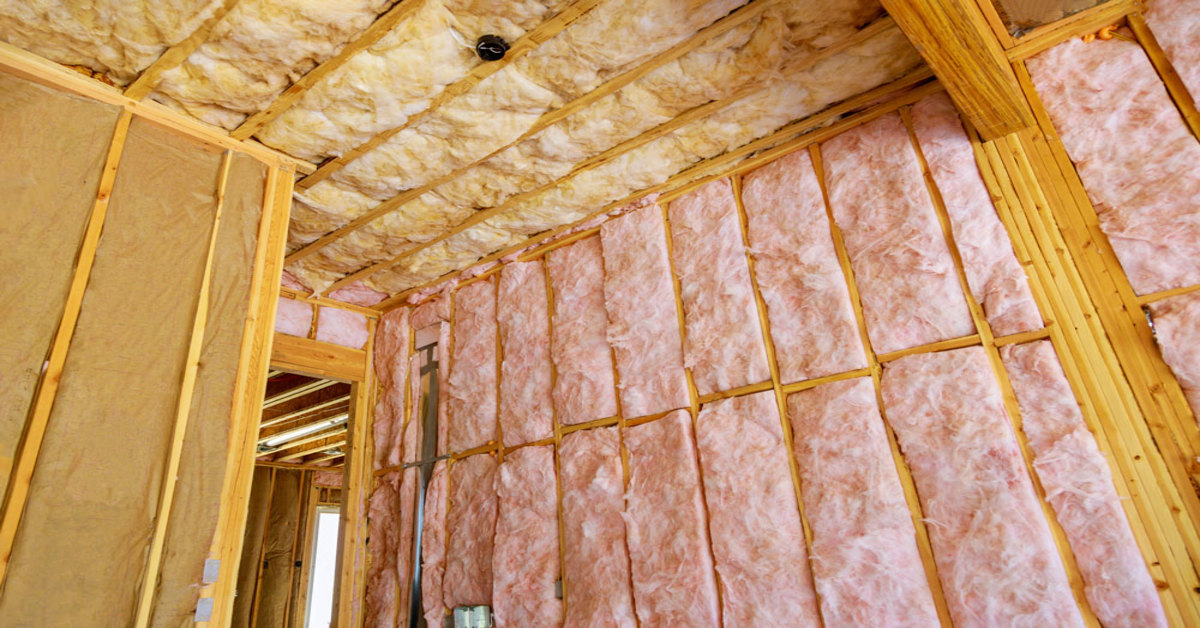Buzz Haven: Your Daily Dose of News
Stay informed and entertained with the latest buzz in news, trends, and insights.
Heat Your Home Without Burning Cash
Discover budget-friendly ways to keep your home warm this winter—no more burning cash! Save money and stay cozy today!
5 Cost-Effective Ways to Heat Your Home Efficiently
Heating your home efficiently doesn't have to come with a hefty price tag. Here are 5 cost-effective ways to ensure warmth during the colder months without breaking the bank:
- Invest in a Programmable Thermostat: This allows you to set specific temperatures for different times of the day, helping to reduce energy usage when you're not home.
- Seal Drafts: Check for drafts around windows, doors, and even electrical outlets. Simple solutions like weather stripping and caulk can significantly improve your home’s insulation.
In addition to the above, consider these effective strategies:
- Use Thermal Curtains: These heavy drapes can trap heat in during the winter months and block out cold air, making your heating system more efficient.
- Regular Maintenance: Schedule annual inspections for your heating systems. Clean filters and serviced equipment run more efficiently, saving you money in the long run.
- Utilize Space Heaters Wisely: Instead of heating your entire house, use space heaters for the rooms you occupy most frequently, which can lead to significant energy savings.

Understanding Home Insulation: A Key to Saving on Heating Bills
Understanding home insulation is crucial for any homeowner looking to reduce energy costs and enhance comfort during the colder months. Proper insulation acts as a barrier that prevents heat from escaping your home, allowing you to maintain a consistent temperature without overworking your heating system. According to energy experts, a well-insulated home can save up to 30% on heating bills. By investing in quality insulation materials and techniques, homeowners can not only lower their utility expenses but also create a more sustainable living environment.
There are several types of home insulation options available, including fiberglass, foam board, and spray foam, each offering unique benefits and varying degrees of effectiveness. When considering which type of insulation to use, it is essential to evaluate factors such as your local climate, the existing insulation in your home, and your budget. Additionally, ensuring proper installation is vital; even the best insulation can underperform if not installed correctly. Understanding your home insulation needs will lead to significant savings on heating bills, making it a vital consideration for any energy-conscious homeowner.
Top Renewable Heating Options That Won't Break the Bank
When it comes to choosing renewable heating options that are budget-friendly, several alternatives stand out. One of the most popular choices is solar heating, where solar panels convert sunlight into thermal energy for heating water or spaces. This method not only reduces your heating bills but also comes with various government incentives that can offset the initial investment. Another cost-effective option is biomass heating, which utilizes organic materials—such as wood pellets or agricultural waste—as fuel. Biomass systems often have lower operating costs compared to traditional heating methods, making them an attractive choice for eco-conscious homeowners.
Additionally, heat pumps are emerging as a viable renewable heating solution, harnessing ambient air or ground heat to warm your home. Though the upfront costs can be higher, the long-term savings due to energy efficiency can make them a worthy investment. Finally, consider passive solar design, which focuses on designing your home to naturally capture and retain heat from the sun without relying on mechanical systems. By incorporating factors like large south-facing windows and thermal mass materials, you can significantly reduce your heating costs while staying warm and cozy.